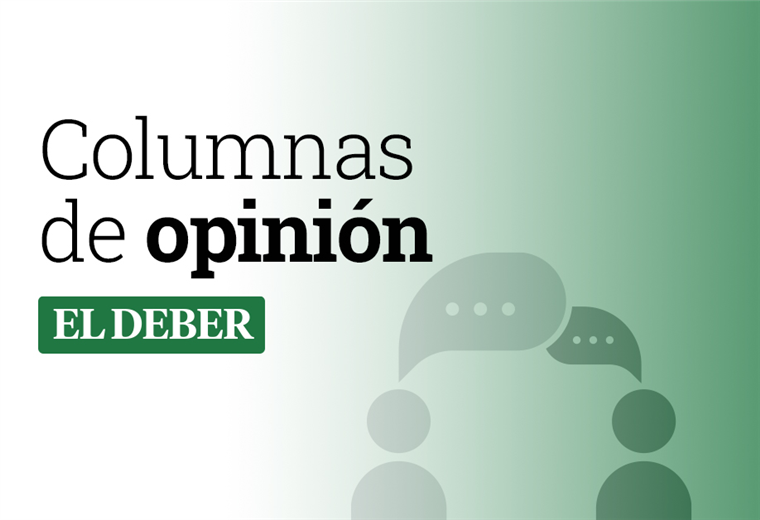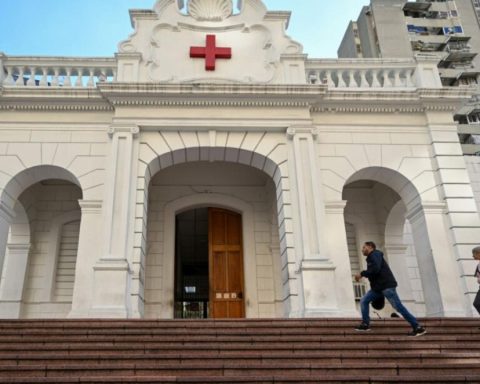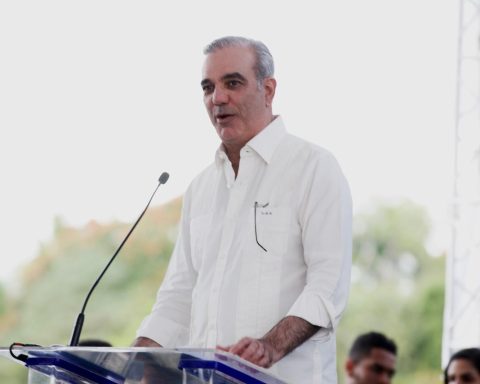August 8, 2024, 4:00 AM
August 8, 2024, 4:00 AM
Carlos Guevara Rodriguez
“Please Mr. President, please,” the Bolivian counterpart told the Chilean president, “please order that the diesel be unloaded at the Arica port terminal” despite the bad weather or YPFB’s failure to maintain its terminal.
The government claimed that the weather made unloading the fuel impossible, but how can we believe it? Chilean media denied this claim, according to a Bolivian media outlet; we are used to the Bolivian government, especially when it does things wrong, looking for excuses of all kinds and making false statements.
What really happened to prevent the vital cargo from being unloaded? The Arica Port Authority ordered the immediate suspension of operations at the Sica Sica Maritime Terminal, owned by YPFB, due to “non-compliance … in the terminal’s operations, which represent a risk to maritime and environmental safety.”
How serious were these breaches? Were they trivial, of medium seriousness or really very serious? Could it be that the Chilean government wanted to send a message to the Bolivian government? The only thing certain is that the local Chilean authority prohibited the landing and only Bolivian supplication at the highest level succeeded in making it happen, despite the many “breaches” that there may have been on the part of Bolivia, demonstrating that it was not impossible to do so if only there was the will.
However, as important as it is to have enough fuel, the lack of it is not the truly transcendental aspect of this episode. The underlying problem is not the government’s ineffectiveness, irresponsibility and apathy, even though its actions, or rather lack of them with respect to the YPFB terminal in Arica, have caused great damage to the country by giving rise to a shortage of this vital energy source.
The underlying problem is another. The underlying problem is our maritime confinement, a confinement that was imposed on us because we were born with a coast on the sea.
Chile continues to reap geopolitical benefits from the Pacific War a century and a half after having taken the sea from Bolivia. Now it turns out that we are indebted to Chile, which does us a favor at no cost to it, for not being able to count on a sovereign outlet to the sea, when that very same country took away our sovereign outlet to the sea.
Let us face the brutal reality. For whatever reason, the Captain of the Port of Arica, a fourth or fifth level official of the Chilean state, can strangle us. Access to the sea is an existential issue for a country. In this case we are subject to the will of Chile. Quietly, as now, intentionally or not, for trivial or state reasons, Chile can cut off that access.
Supposedly, there is an ideological harmony between the governments of Chile and Bolivia, but this did not prevent the ban on the unloading of diesel at a time when it was urgently needed. However, it is possible that this ideological affinity had something to do with the Chilean government’s approval, which must be admitted very quickly once the request has been made, for the unloading of these fuels. But it could be that, in the future, depending on the circumstances, no matter how much we beg and humiliate ourselves, these requests will not have any effect.
What would have happened if a shipment of hydrocarbons, which are essential for the functioning of the country, had occurred when Evo Morales and Piñera were simultaneously exercising the presidency in the middle of the trial before The Hague and that shipment had been found in Chilean territory? What would have happened if there had been a national emergency of even greater proportions, in which we needed to receive some type of product or raw material, and relations with Chile were particularly bad? Or if for some reason of Chilean national interest this country simply decided to stop some vital shipment for Bolivia? This reality transcends ideologies and passing governments. There are historical precedents apart from this most recent one. During the Chaco War, weapons that were vital to Bolivia for the continuation of the war were delayed because accidents and unexpected delays occurred in their transit through Chilean territory.
The lesson is clear. As long as we do not have a sovereign outlet to the sea, we will be subject to the will of another country, precisely the country that took away our coastline, which, being much more powerful militarily than Bolivia, can prevent us from having the absolute freedom to obtain what we sovereignly want to obtain. As long as Bolivia and Chile exist as countries, that will be the reality if this geopolitical reality does not change. That is the price we pay, and will continue to pay, if we do not try to obtain a sovereign outlet to the sea.


















